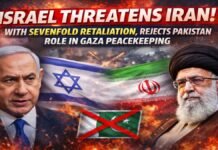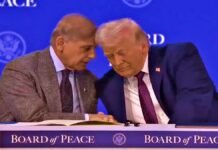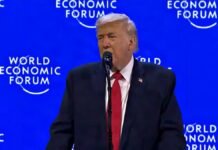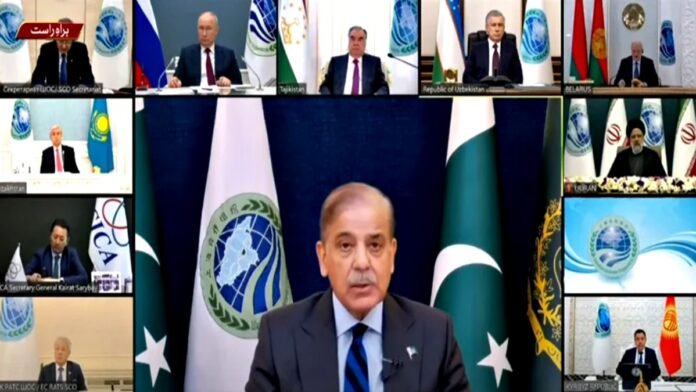
New Delhi: The 23rd meeting of the Shanghai Cooperation Organisation’s Council of Heads of State (CHS) comes at an opportune time for cash-strapped Pakistan. The country is in dire need of good relations with neighboring countries and regional powers like China and Russia.
Addressing the meeting hosted by India in a virtual format on Tuesday, Pakistan Prime Minister Shehbaz Sharif denounced the “hydra-headed monster” of terrorism and extremism and highlighted the importance of connectivity by saying that it had become a defining feature in the modern global economy.
According to experts, Pakistan — pulled back from the brink of default by a fresh IMF loan of $3 billion last week — wants trade and peace with India since only New Delhi can provide it with cheaper goods, food, and raw materials. Ravaged by floods and a debt trap, Islamabad wants to portray itself as a “responsible nation” before the world at the SCO forum.
The SCO was founded at a summit in Shanghai in 2001 by the presidents of Russia, China, the Kyrgyz Republic, Kazakhstan, Tajikistan, and Uzbekistan. India and Pakistan became permanent members in 2017. India assumed the rotating chairmanship of the SCO at the Samarkand Summit on September 16 last year.
At Tuesday’s meeting, Sharif also talked about the China-Pakistan Economic Corridor (CPEC), which he said could be a “game changer” for connectivity and prosperity in the region.
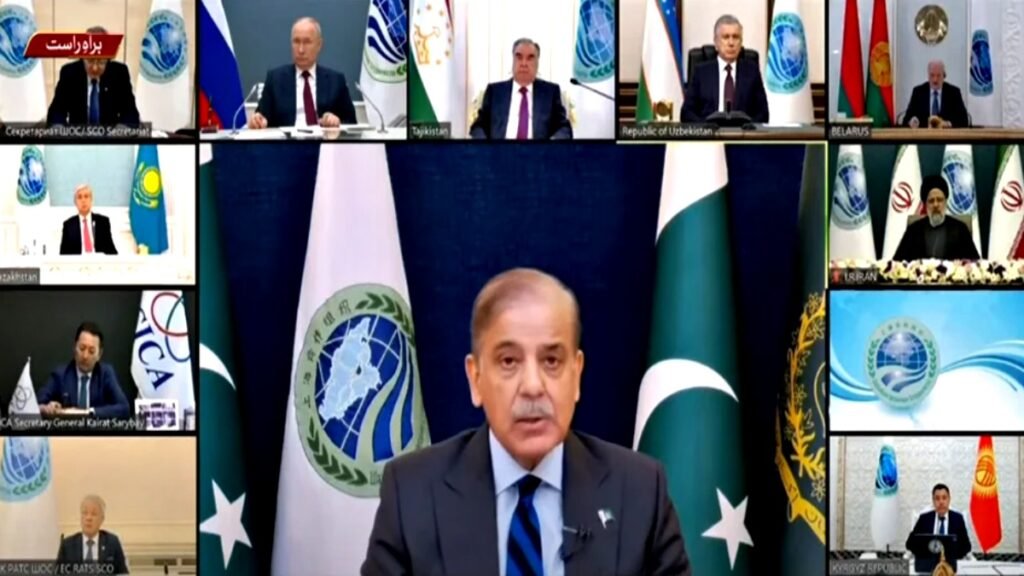
“Pakistan’s location serves as a natural bridge, connecting Europe and Central Asia with China, South Asia, and the Middle East,” he said, adding that special economic zones under the CPEC could also serve as convenient conduits for promoting regional trade.
The CPEC, which connects Gwadar Port in Pakistan’s Balochistan with China’s Xinjiang province, is the flagship project of China’s ambitious multi-billion-dollar Belt and Road Initiative (BRI). India has protested China over the CPEC as it is being laid through Pakistan-occupied Kashmir.











































